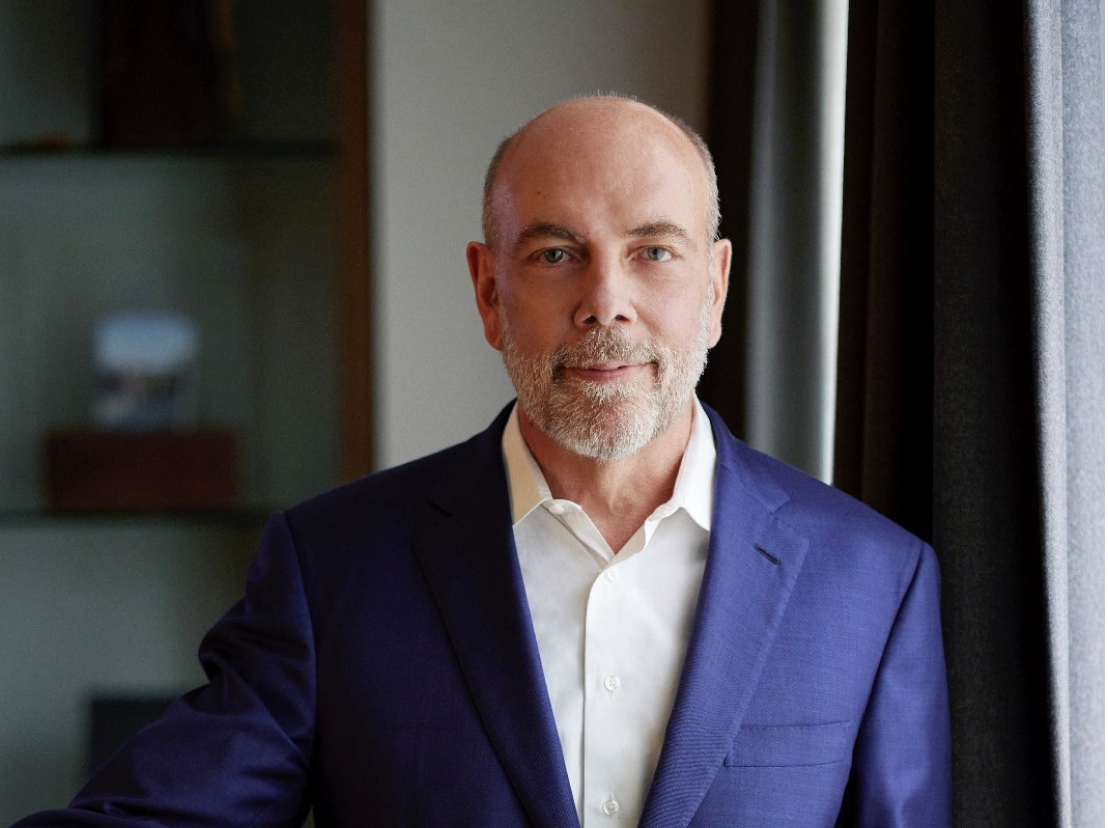George Gatch - CEO

Creating focused impact in our industry and communities
At JPMorganChase, we seek to advance an inclusive economy that supports strong financial systems around the world and over the long-run.
Our Business Resource Groups
Our Business Resource Groups (BRGs) are forums for employees to engage, learn, openly share ideas and collaborate with colleagues at all levels across the firm, around the globe on issues of interest and impact to certain communities. Through events, networking opportunities and more, our BRGs are designed to build community and engagement, enhance the experience of our employees and continue to foster a culture of openness and inclusion.
Further reading
55596f60-7400-11ed-a5d4-eeee0af5fe0a